Efforts underway to make Trump stay in Iran deal, but does he understand it?
As officials from France, Germany and the United Kingdom are trying to address President Donald Trump’s so-called concerns about the Iran nuclear deal to stop him from a US exit, questions are raised in regard to how much the former real estate mogul really understands an agreement that took years of negotiations and brought together six world powers.
Trump’s opposition to the deal started during the 2016 presidential campaign, in which all Republican candidates took the stance to take on former President Barrack Obama, whose administration took part in the negotiations.
If others like Florida Senator Marco Rubio, former Florida Governor Jeb Bush, Ohio Governor John Kasich, or Texas Senator Ted Cruz had won the presidency, they would have stayed in the agreement, according to Rick Tyler, a Republican political consultant who worked for Cruz.
“They probably would have looked at it and thought: What’s best for the country?” he told The Huffington Post. “I don’t know anybody who would have ripped up the deal.”
Read More:
- Iran ready to respond if US quits nuclear deal: Velayati
- Any Iran nuclear deal violation to discredit US: Senior MP
- Iran UK envoy: US withdrawal from JCPOA will result in its termination
Trump, however, appears to have taken the idea too far and threatened to actually withdraw from the JCPA as a May 12 deadline approaches.
“I strongly doubt [Trump] understands or is even aware of the most straightforward parts of the agreement,” Richard Nephew, a top US State Department official in charge of Iran sanctions during the period the agreement was being negotiated told the American news and opinion website.
Republicans in control of the US Congress have at times admitted that the deal is better than no deal at all. They even allowed Obama to go forward with it.
According to Colin Kahl, former Vice President Joe Biden’s national security adviser. “The GOP votes in 2015, especially in the Senate, were relatively safe ones because it allowed a lot of anti-Obama, anti-Iran and pro-Israel posturing without actually owning the consequences of the deal collapsing, including a very real prospect of another major war in the Middle East.”
Trump still undecided
Currently, foreign leaders are trying to make the US president change his mind about withdrawing from the Joint Comprehensive Plan of Action.
"We have ideas we think that we can find some language, produce some action that meets the president's concerns," Kim Darroch, the British ambassador to the United States, told CBS on Sunday.
Earlier this week, Trump took on the deal again, calling it “ridiculous” and one that “should have never been made,” yet according to the UK envoy, he may still be undecided about what to do on May 12.
"The message we are hearing from all contacts in this administration is that although the president's views on the deal are very clear, and have been out there for months and months — actually for years — that a final decision hasn't yet been taken," Darroch said.
Venezuelans will defend their independence in face of unlawful US moves: Iran FM
VIDEO | Millions of Afghans facing severe hunger amid aid cuts
Iran labels Royal Canadian Navy a ‘terrorist organization’ over IRGC designation
Palestine Action hunger strikers near death
VIDEO | Haibat al-Halbousi elected as speaker of Iraqi Parliament for four years
Assassination of Gen. Soleimani aimed at dismantling resistance security order: Iranian envoy
Extreme cold kills 25 Palestinians, including children, in Gaza in December
VIDEO | Press TV's news headlines


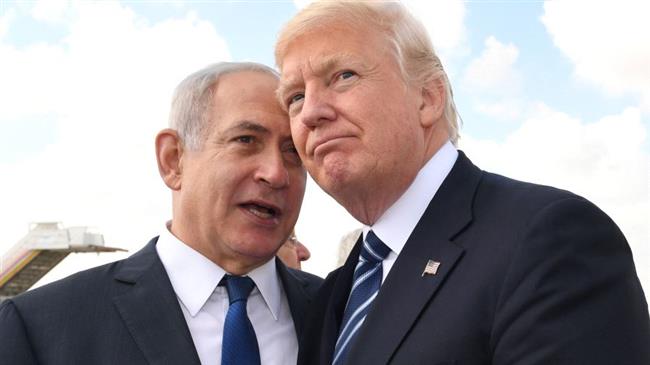


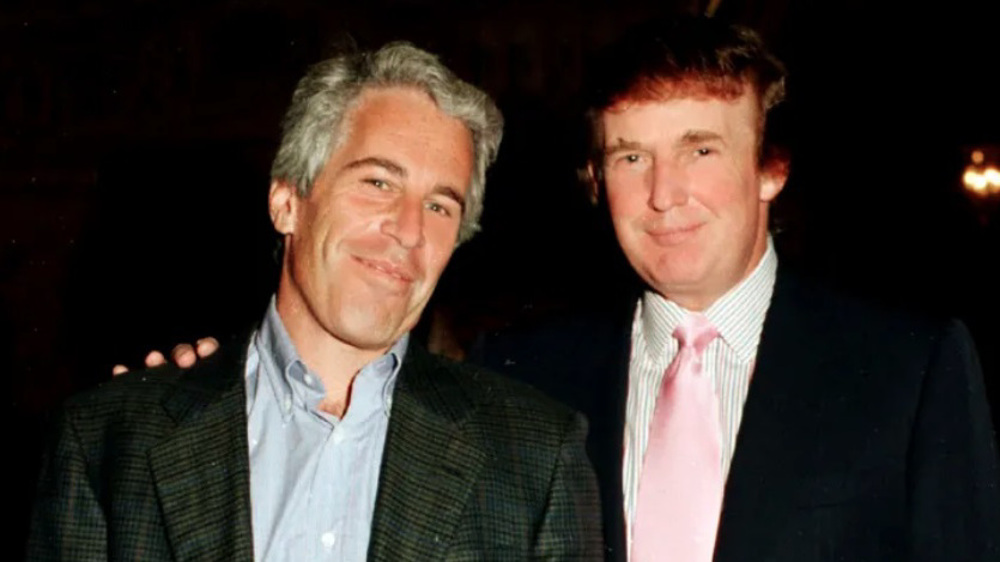
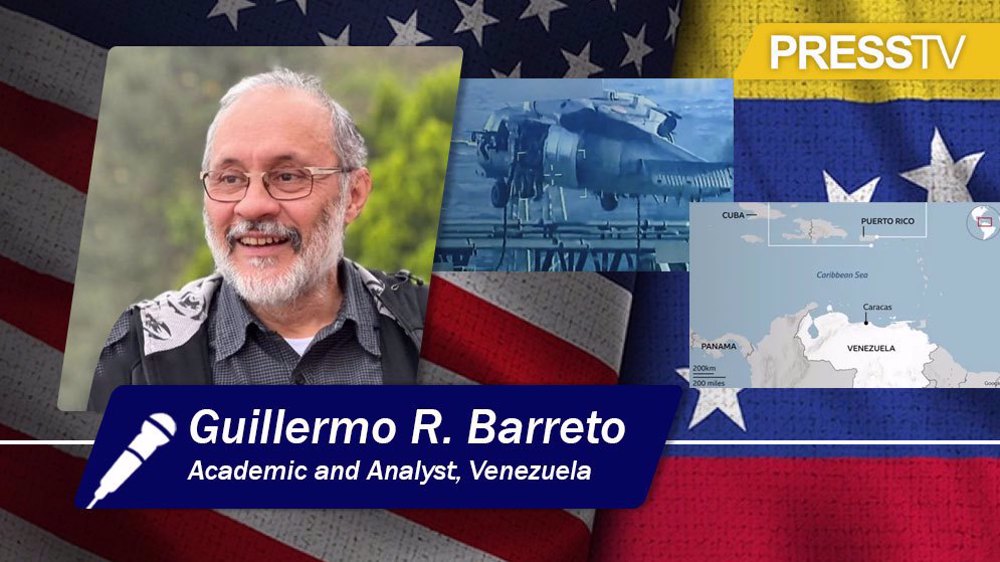
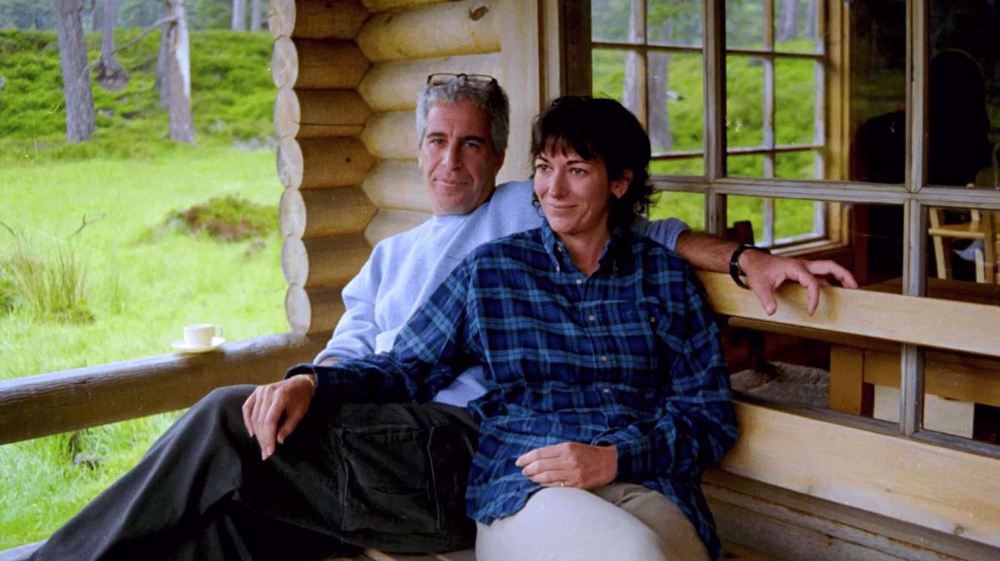



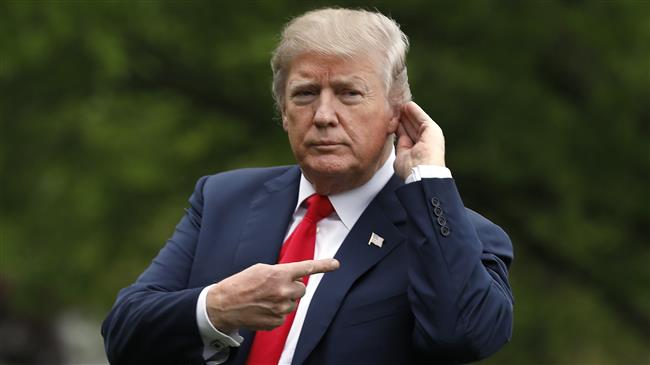

 This makes it easy to access the Press TV website
This makes it easy to access the Press TV website